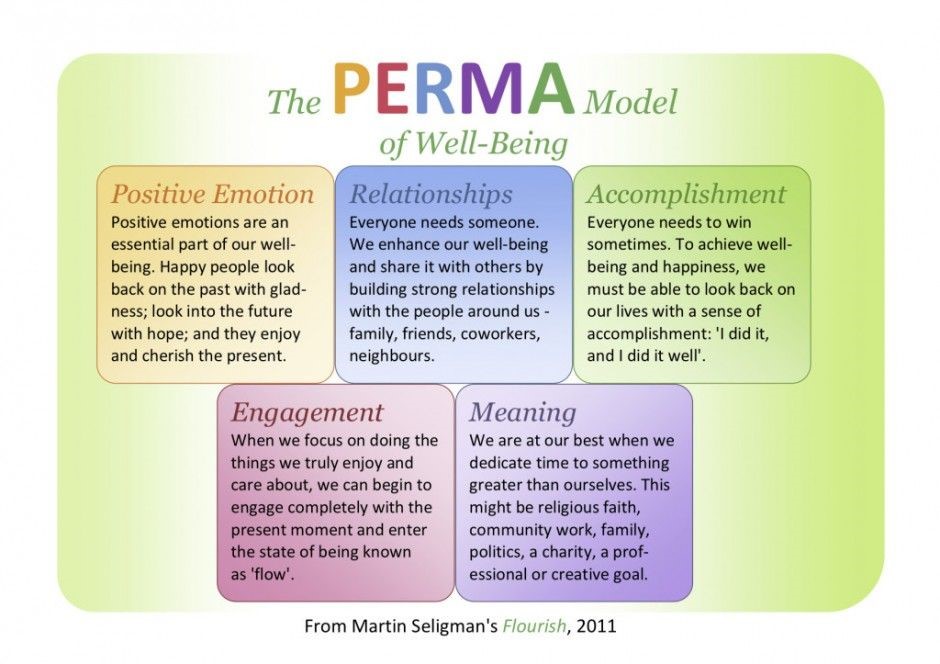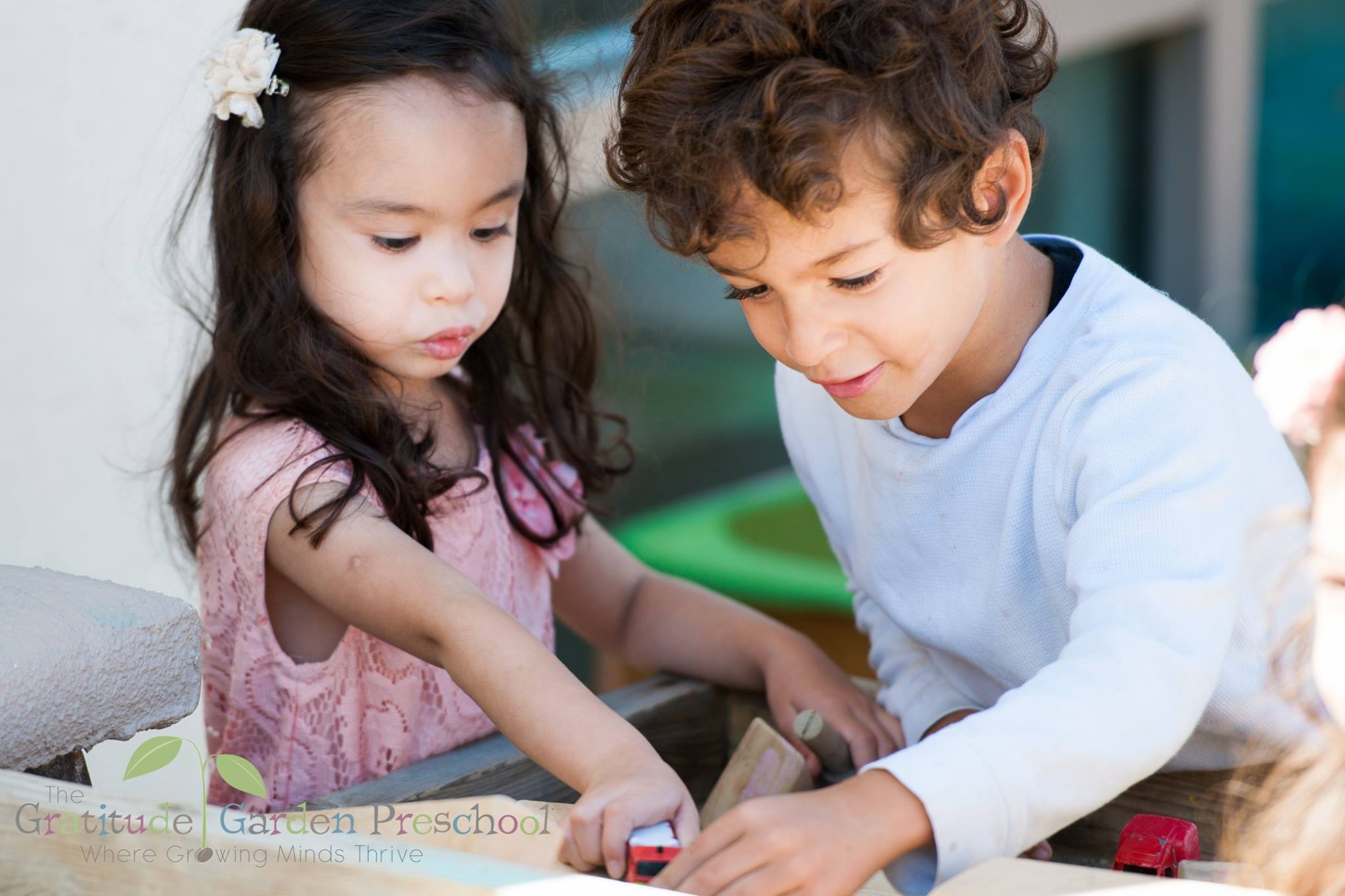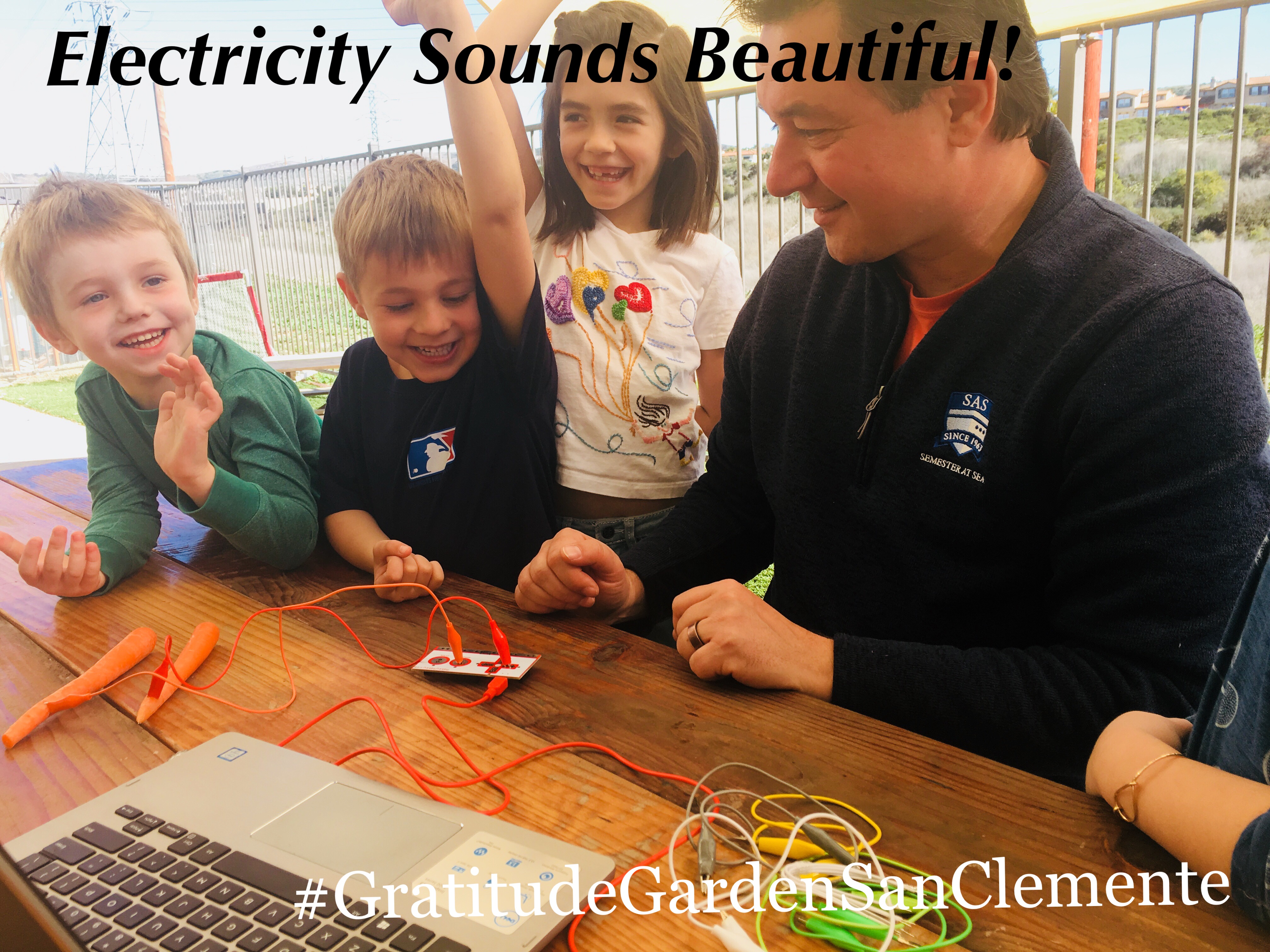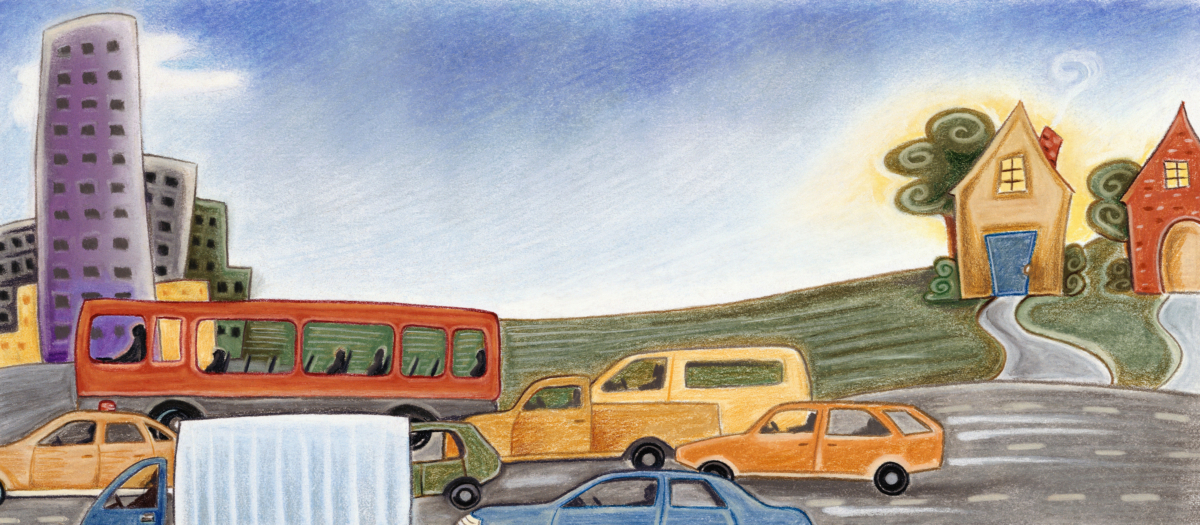By: Dr. Dustine Rey
My ten-year-old daughter, Satya, walked into the dining room where I was silently enjoying my morning coconut coffee and lets out an exaggerated loud sigh.
“When will my tolerance for annoyances build up?” She asks in a shaky but serious and firm tone.
Being totally proud of her for using her growth mind-set (knowing this circumstance is temporary and resilience is to come) I was about to congratulate her for expressing herself so well, when I noticed as small tear gathering in the corner of her left eye. I stayed quiet to see what would come next.
“I am tired of being inside. Carrying my Chrome book around the house is annoying. Scanning things to upload is annoying. I miss my friends. I was just learning how play softball weeks ago… ….our trip is cancelled… it’s muddy outside…I am tired of being annoyed.” she cried out. Then the tears came down. Eyes full of emotions scanned my face.
Frustration, isolation, disappointment, confusion. I could see and feel it all.
We had a meaningful talk about frustrations and how many kids and adults are experiencing the same emotions right now. We shared, hugged, and normalized unpleasant emotions. We agreed that sometimes things are great and sometimes they are a bummer. Life is full of both.
“We will get through this together.” I assured her in a soft yet confident tone that reminded me of my grandma.
We came to an agreement that home schooling may not always get done, our newly designed schedules may not work on some days, and that we would play outside when breaks in the rain came. We gave “the rules” permission to be flexible based on the weather and our emotional well-being.
Children’s sense of normal has been changed abruptly as a result of the Covid-19 virus arriving. They are looking to their parents for guidance, comfort, motivation, and understanding. Structure, rules, and education are important- but before either of those can be effective, emotional well-being needs to be stable.
Structure, rules, and education are important- but before of either of those can be effective, emotional well-being needs to be stable.
I am fully aware that Satya’s ‘annoyances’ are first world problems. With that being said, problems of any sort are still an unpleasant experience. We are all doing our best to manage them. For people with underlying anxiety, depression, or mental health issues, these annoyances can exacerbate symptoms. This is the time to check in with our emotional wellness.
Children have a beautiful way of sharing their emotions without fear of judgement or consequence. My daughters emotional snap this morning (which I am grateful to have experienced with her) made me wonder how many of us adults are on the border of a snap?
How many of us need a mother’s hug and love to comfort us? A gentle voice to remind us that this will pass, and that our needs are important too.
How many of us do not have that?
Years ago I worked in mental health as a marriage and family therapist and school counselor. Mental health and lack of well-being was at the core of almost every problem people presented with.
Emotional well-being naturally fluctuates. A high sense of well-being is a result of engaging in moderate exercise, connection with others, experiencing joy and other positive emotions, having a sense of purpose, healthy nutrition, and time to reflect on aspects of our lives. Martin Seligman created a theoretical model for well-being known as PERMA.
To keep your emotional wellness healthy during Corona Virus (and in normal life), create the space and time to tend to your needs, just as you would for a child.
A few tips include:
- Balance the time you spend engaged in the media and news. It is so easy to be consumed by it and to check your iphone every time an alert rings. Make a media schedule such as thirty minutes in the morning to catch up and thirty minutes in the early evening to conclude. Do not watch news or read upsetting stories within two hours of bedtime. Your mind will still process data and it could interfere with your ability to fall asleep or have restful dreams.
- Give yourself permission to be flexible with your home school rules. If the kids are not into a lesson and tears are all you see. Stop. Take a wellness break. Get outside with your kids and throw a ball or play hide and go seek in the house. They are not learning if they are in stressed state. Let me say that again- children do not retain information when they are in a stressed state. Come back to homeschool assignments when wellness is higher and they are able to process information.
- If you are not an educator, be compassionate and reasonable with your ability and motivation to teach at home. Your child will not remember the assignments at home, they WILL remember how you connected with them and the special time they got to bond with you and your family. If you have been waiting for a day to watch movies with your kids and bake endlessly- now is the time to do it!
- Set up a flexible schedule, knowing that it is loose and can be modified at any time. Humans respond well to structure and routine (within reason).
- Stay connected to your support system. You can use Zoom, Whereby, Skype, and Facetime. If you do not have a support system in place, join Meetups and Facebook groups. Many have virtual meetings right now.
- Move your body. Your muscles, immunity, and brain functioning will thank you. There are so many free platforms offering workouts, yoga, and Qigong. The benefits moderate exercise has on our brain and mental health are well researched and supported. Aim for at least 20 minutes a day. Even if only a walk around your neighborhood.
- If you feel disconnected from life and imagine ending your life- call 1 800 273 8255. These are clinical symptoms. There is relief from these symptoms. Trust that there is help.
- Do something each day that brings you joy. A hot bath. A candy bar or glass of wine/tea. Play with your pets. Listen to music. Share a story about your childhood with your child/partner. Write a gratitude note to all the people who have been influential in your life (this is my favorite and sure to create a joyful ripple effect).
- Laugh. It is that simple. Even when the house is a mess, the kids are roller skating on the floor, a full bag of rice spills onto the floor, and the dog tracks in mud, snails, and grass. It is just a moment in time and you are ALIVE to witness it. It will pass all too quickly and one day you will wish you were young again experiencing the moments that made you feel alive. Trust me on this.
- Lastly- know this will pass. Sadly, it will. Like every moment in our past. Keep perspective and look forward to the future. Print a calendar for 2021 and tentatively plan a few things to look forward to. A visit to see family? A road trip? Watching the sunset from the Huntington Beach pier? A truffle making class at Chaou Chocolate factory? Planning inexpensive things in the future will help bring a healthy perspective to the future, if the ‘now’ is bringing you stress.
If you have a moment of questioning when your tolerance to annoyances will build, know your not alone.
I see you.
Satya understands you.
Who knows, maybe our tolerances will be become so strong after the Corona Virus experience that close to nothing annoys us anymore. Not even snails on the kitchen floor, pounds of Basmati white rice spilled on the floor, and muddy dogs on the sofa (if you are wondering, that is what I walked into after the meaningful conversation with Satya this morning).
From tears- to cleaning- to insight. Cheers parents! We got this!
Keep your emotional wellness a priority and your children will learn it from you.
*I asked Satya for permission to share her experience and she said yes, and gave me this facial expression to share, ha!











Leave A Comment